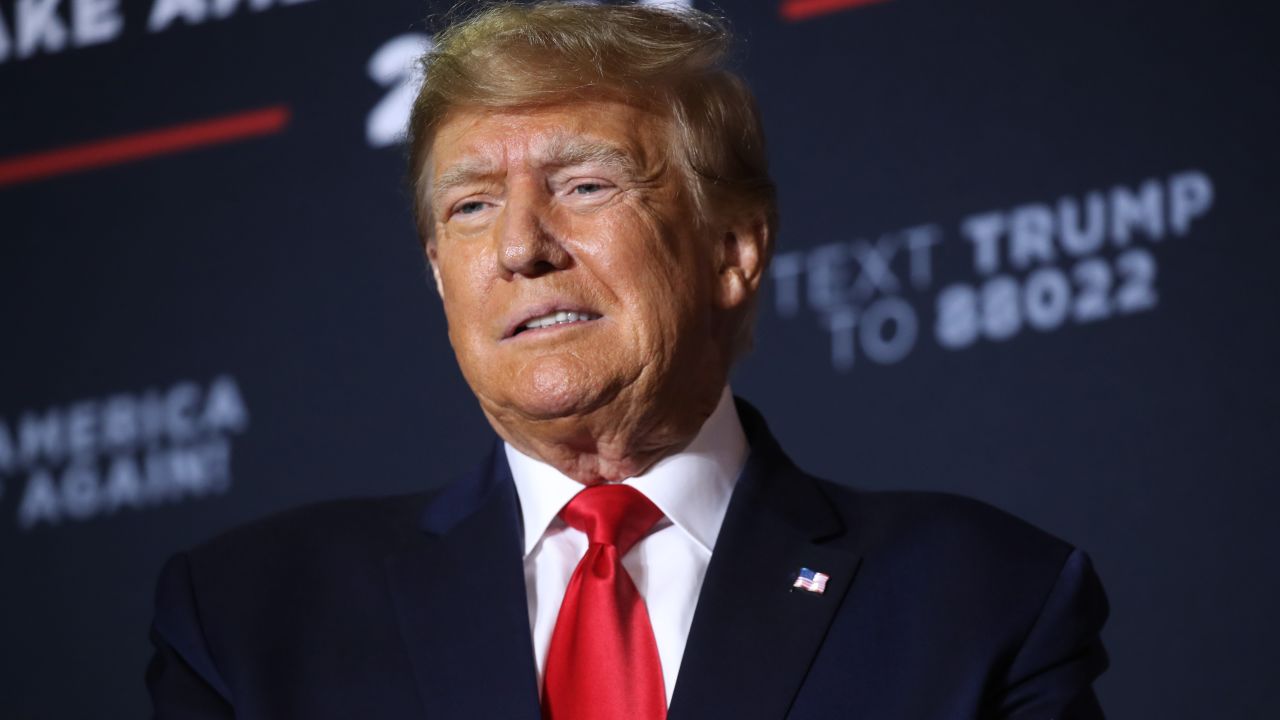Trump Imposes 30% Tariffs on EU and Mexico Starting August 1

Escalating Trade Tensions: Trump's Tariff Announcements Spark Global Concern
President Donald Trump has announced plans to impose 30% tariffs on imports from the European Union and Mexico, starting August 1. This decision marks a significant escalation in trade tensions with two of the United States' most important trading partners. The move is part of Trump’s broader strategy to "rebuild" the U.S. economy, which he claims has been exploited in global trade for years.
Justification and Rationale
In letters shared on his social media accounts, Trump argued that these tariffs are necessary to address trade imbalances and protect national security. He emphasized that the U.S. has long been at a disadvantage in international trade, with unfair practices by other nations leading to economic losses. The president highlighted the need for more reciprocal trade relationships, particularly with the EU and Mexico.
Letters to Key Leaders
In his letter to Mexican President Claudia Sheinbaum, Trump acknowledged her country's cooperation on border security and drug trafficking issues. However, he criticized Mexico for not doing enough to prevent the U.S. from becoming a "Narco-Trafficking Playground." Similarly, in his communication with the EU, Trump accused the bloc of maintaining unfair trade policies and persistent trade deficits, stating that the relationship is "far from reciprocal."
Delayed Implementation and New Tariffs
This announcement comes after Trump previously paused tariffs for 90 days to allow for negotiations. With this grace period ending this week, Trump is now moving forward with the tariff increases, although the implementation has been slightly delayed. Additionally, Trump plans to raise tariffs on Canadian goods to 35%, further complicating North American trade relations.
International Reactions
The responses from Europe and Mexico have been swift and critical. European Commission President Ursula von der Leyen stated that the EU remains committed to negotiations but warned of "proportionate countermeasures" if needed. French President Emmanuel Macron emphasized the EU's unity, while Swedish and Danish leaders condemned the tariffs as short-sighted and harmful to global stability.
Italy's Prime Minister's Office described the potential trade war as "making no sense," and trade ministers from EU nations are set to meet to coordinate a response. Mexico expressed disappointment, calling the move "unfair treatment" and emphasizing the need for "cool-headed" diplomacy. President Sheinbaum voiced hope for better terms through ongoing discussions.
Economic Implications
If implemented, the tariffs could affect nearly every sector of transatlantic and North American trade. In 2024, trade between the U.S. and EU totaled $2 trillion, with key European exports including pharmaceuticals, automobiles, aircraft, and wine. The impact of these tariffs could ripple through various industries, affecting both consumers and businesses.
Criticisms and Concerns
Critics argue that Trump's actions threaten decades-old global trade rules and could isolate the U.S. from key economic partners. The potential for a trade war raises concerns about the stability of international trade relations and the long-term economic consequences for all involved parties.
As the situation unfolds, the focus will be on how the affected nations respond and whether negotiations can lead to a resolution that avoids further economic disruption. The coming weeks will be crucial in determining the future of transatlantic and North American trade relations.
Posting Komentar